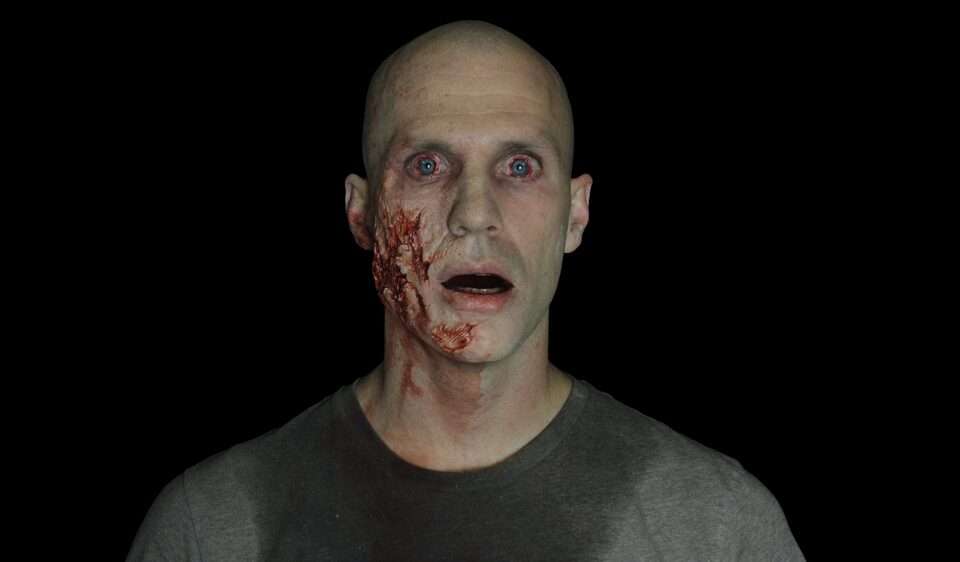The appearance of cocaine can depend on how the drug was pressed. Typically, the stimulant drug is produced from the coca plant leaves and is meant to be used for medical purposes. The drug is often seen as a white crystal-like powder, snorted through the nose or rubbed on the gums in the mouth since effects activate quickly in these circumstances. People can easily form addiction and even be in denial about the problem. Keep reading to learn the signs of a high-functioning cocaine addict.
How Addictive Is Cocaine?
Cocaine is extremely addictive because its effects tend to wear off quickly, especially if snorted. Since a euphoric sensation is experienced after consumption, users will desire to take frequent and more intense doses. Cocaine tolerance is built rapidly, leading addicts to take higher amounts. Cocaine detox is necessary if a user is abusing the drug on numerous inappropriate occasions and not for medical purposes.
Signs of a Cocaine Addict
Oftentimes, addicts will turn to the streets to purchase cocaine if they are no longer eligible to receive the prescribed medications, Cocaine Viscous or Goprelto. Street names for cocaine include coke, rock, snow, or bump. A user may show signs of substance abuse if you notice they are lying about doctor appointments, missing prescription bottles, displaying secretive behavior, or using slang terms for the drug.
Signs of cocaine abuse include:
- Defensiveness
- Use of paraphernalia
- Lack of personal hygiene
- Sudden financial problems
- Inability to maintain relationships
- Lack of motivation and worth ethic
- Showing new negative character traits
- Scars visible on the skin from injections
Addicts may feel reluctant to receive professional medical assistance due to denial or experiencing grief during addiction. If a loved one is displaying signs but is still able to complete everyday tasks and responsibilities, speak to a professional. Always be sure to use compassion and support when speaking to an addict to encourage the user to seek recovery.
Cocaine Addiction Symptoms
Besides new and harmful behaviors, a high-functioning cocaine addict may also show physical signs of abuse. Although depressive episodes and mood swings are common side effects, especially if an addict is undergoing withdrawal symptoms, it’s vital to look for all the signs of cocaine use. Some of these signs include:
- Bloody nose
- Skin infections
- Excessive sweating
- Shaking or twitching
- Dramatic weight loss
- Paranoia and isolation
- Cardiovascular system problems
- Cognitive decline or memory loss
- Movement disorders like Tourettes
High body temperature, changes in sleep patterns, and neglecting to stop abuse after experiencing adverse side effects are other signs and symptoms of addiction. An addict increases the risk of hallucinating, kidney failure, trouble breathing, and overdosing after every illegal use. If you suspect cocaine overdose, get immediate medical attention.
Addiction Treatment at Banyan Palm Springs
If you recognize that you or a loved one is a high-functioning cocaine addict who is seeking or in need of recovery, Banyan Treatment Centers offers telehealth services for flexibility and assurance. Plus, our medical detox is supervised by experienced professionals who will guide you through the withdrawal process in a safe and secure environment. We want to make sure that you take advantage of our resources and speak to the medical staff for any accommodations.
Call Banyan Palm Springs at 888-280-4763 to get started with our residential treatment program or learn about our other services today!
Related Readings:









